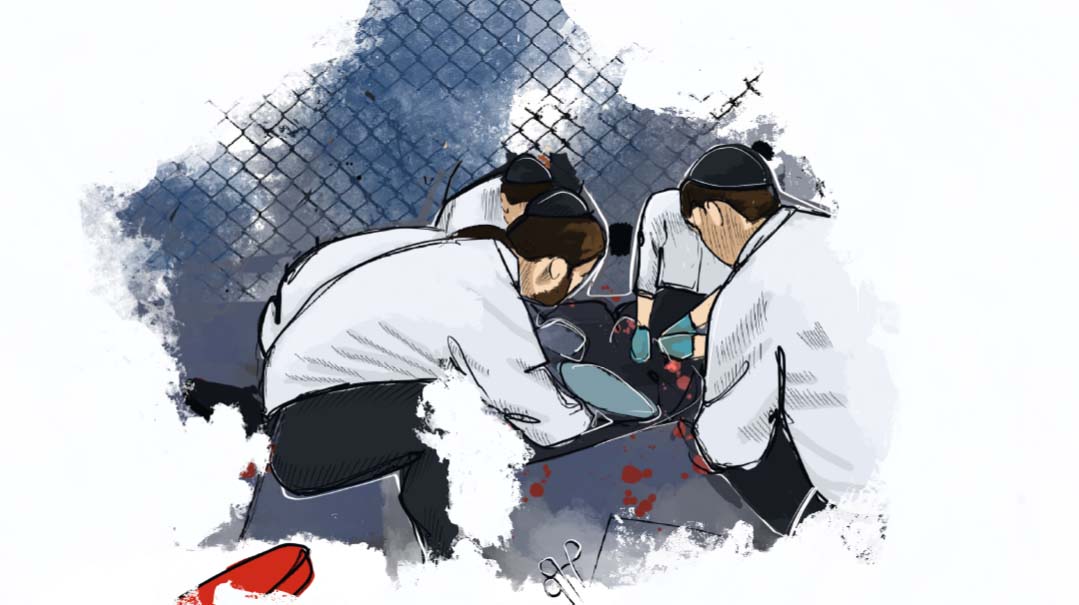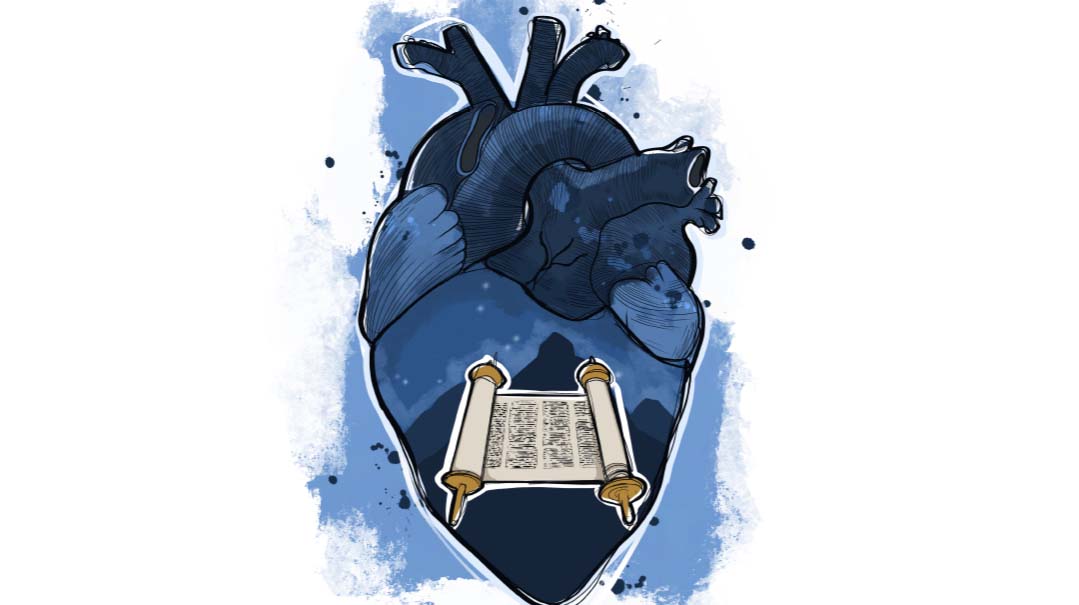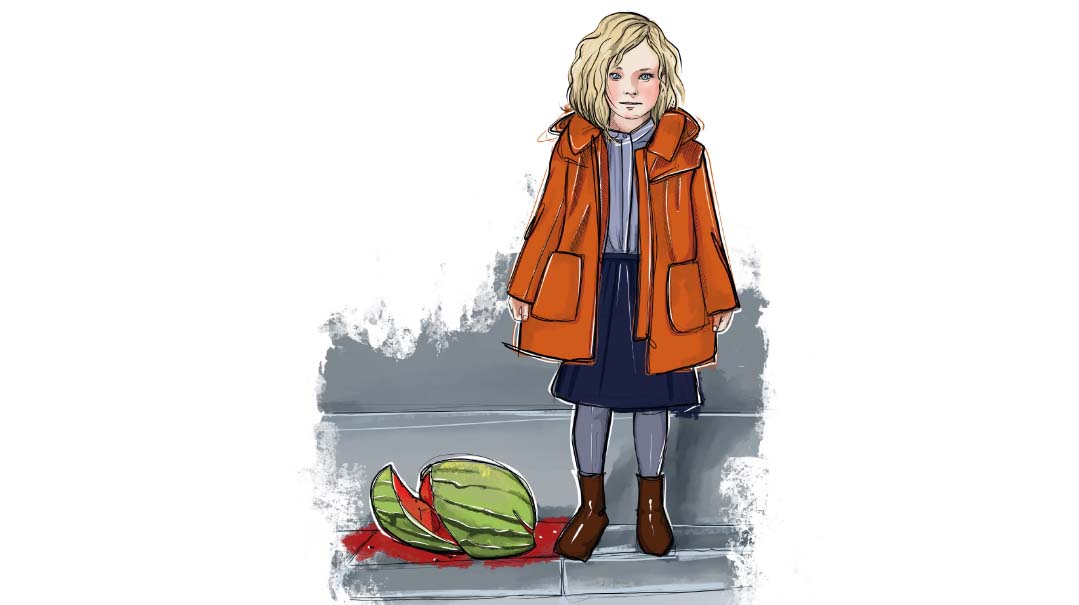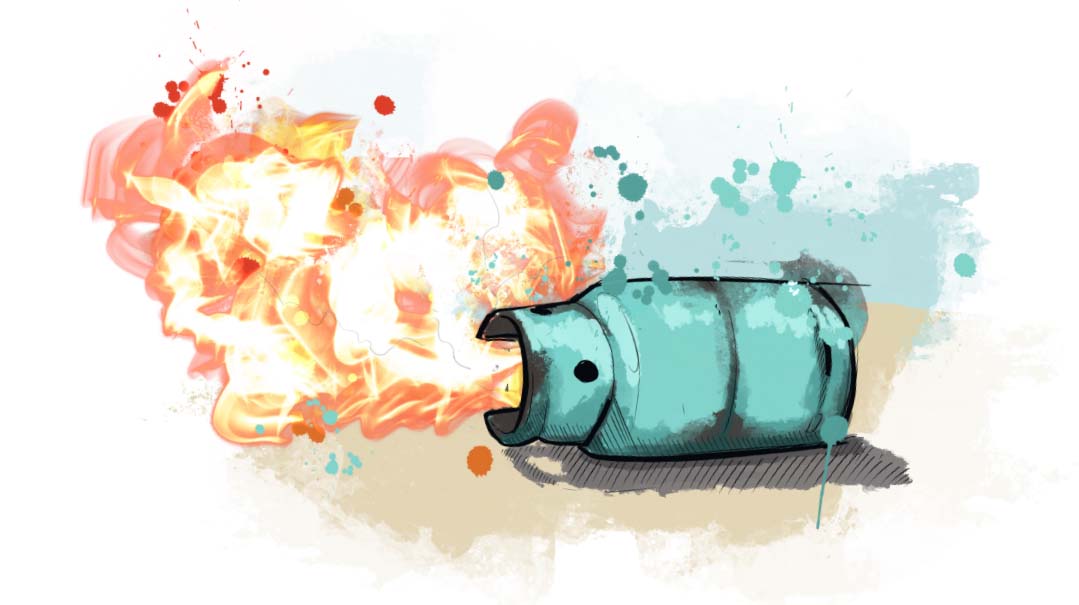When Thank You Doesn’t Suffice

Some spell it with an alef, others with a yud. What is the root of the word?

Prepared for print by Faigy Peritzman
My wife recently recovered from a terrible bout of Covid, and we’d like to arrange a seudas hoda’ah. I was wondering, what is the source for this? Is it a halachah, a recommendation for showing hakaras hatov, or a minhag?
While it is an obligation to thank and praise Hashem Yisbarach whenever one becomes a recipient of His great chesed, there is no requirement to do so publicly, and there is certainly no requirement to arrange for a seudas hoda’ah. The obligation to thank Hashem may be fulfilled by donating tzedakah in support of Torah learning, reciting the segment in Parshas Tzav that discusses the korban of Todah, or by extra concentration and focus during Modim. Still, if one wishes to thank Hashem by arranging a seudas hoda’ah, it is praiseworthy and proper. Such a seudah is considered by most poskim to be a seudas mitzvah.
We are planning a seudas hoda’ah for our preemie who baruch Hashem is now out of danger, but my wife and I disagree on what to do. I think this should be formal and fleishigs, a proper seudas mitzvah, and she wants a buffet-style milchig affair. Are there halachic requirements necessary for such an event?
There are no halachic requirements regarding the celebration of a seudas hoda’ah; it is a matter of personal choice. [It is noteworthy that due to ayin hara, both Rav Moshe Feinstein ztz”l and Rav Chaim Kanievsky shlita do not recommend a seudas hoda’ah or a kiddush upon the recovery of a sick child.]
I was involved in a horrific car accident five years ago and make a seudas hoda’ah every year on that date. Last year, I didn’t make it due to Covid, and I’m wondering if I should carry on this year or not. Is it mandatory now that I’ve established a chazakah, or is it up to me?
It depends on your commitment: If you originally accepted to make an annual seudas hoda’ah, you would require a hatoras nedorim to discontinue this proper custom. If, however, you never accepted to do so on a regular basis, or accepted this custom bli neder, then you have no obligation to continue.
We’re making a large seudas hoda’ah after a terrible fire that b’chasdei Hashem spared our lives. We were planning on sending out proper invitations but cannot find a conclusive agreement on how to spell “hoda’ah.” Some spell it with an alef, others with a yud. What is the root of the word?
The word hoda’ah with an alef means thanks, while when spelled with a yud it means admission (as in viduy) — but the concepts are intertwined, since when one gives thanks to Hashem, he is admitting and recognizing that He runs the world and that everything we have comes only from Him. While you may use either spelling, the more common one is with an alef.
(Originally featured in Mishpacha, Issue 888)
Oops! We could not locate your form.







